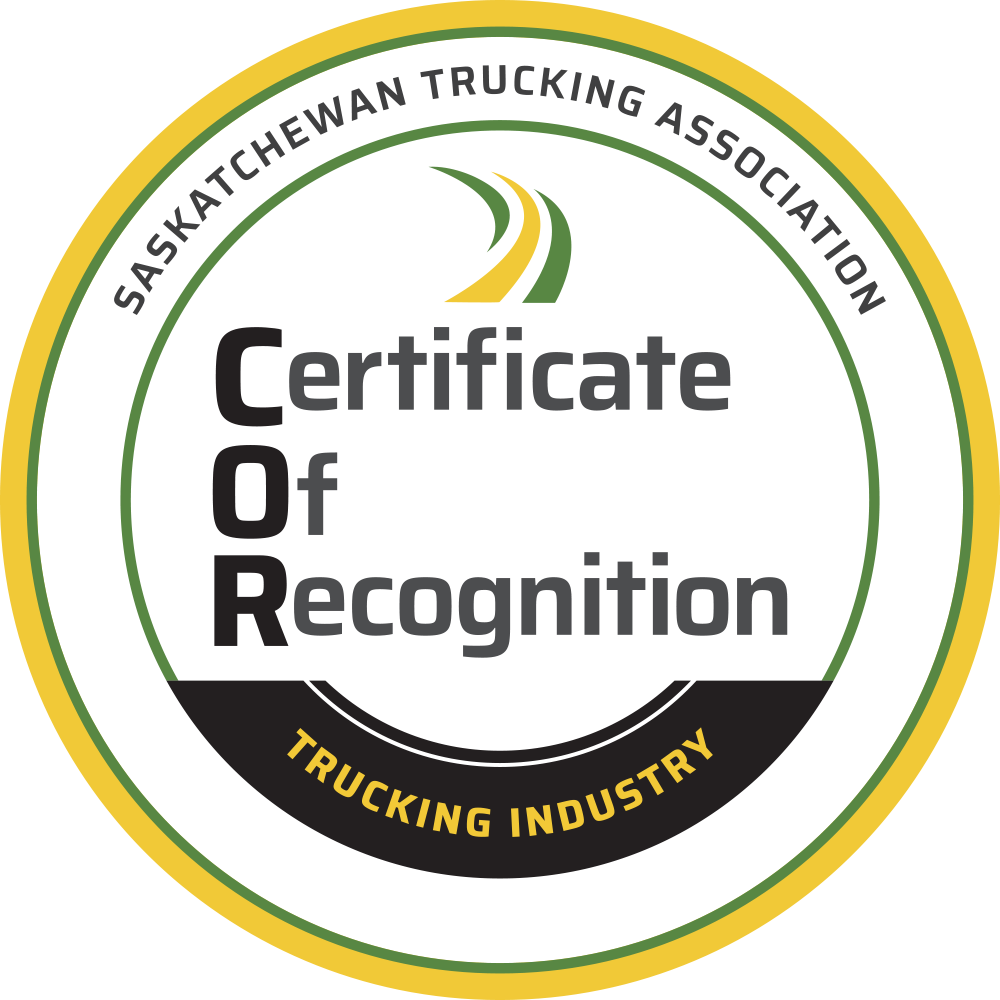
‘It’s just been a mess’: Sask. Trucking Association on feds’ vaccine mandate for truckers
Jan 14, 2022
The executive director of the Saskatchewan Trucking Association is calling the recent flip-flopping by the federal government “confusing” after the government went back and forth about a vaccine mandate for truckers.

Susan Ewart joined Gormley on Friday to describe what she is calling a messy situation. (LISTEN HERE)
“It certainly has been a very confusing week for everyone working in trucking,” Ewart said. “I heard this morning too on some other media outlets that they’re still reporting the incorrect information, so this is going to cause some major confusion.”
In November, the federal government announced a plan intended to start Jan. 15 requiring truck drivers coming into Canada to be fully vaccinated against COVID-19.
Then on Wednesday, the Canada Border Services Agency (CBSA) said Canadian truck drivers crossing the border into Canada would be exempt from that requirement.
Members of the Canadian Trucking Alliance (CTA) proceeded to meet with senior government officials to sort out some of the details for Saturday, and then the government reversed its reversal less than 24 hours later.
“We got a notification again late (Thursday) night that in fact the news release that came out on Wednesday night was incorrect,” Ewart said. “The vaccine mandate for drivers at the Canadian border on (Saturday) is still in effect.
“We’re at a loss. What has happened this week … it’s just been a mess.”
According to The Canadian Press, the CBSA statement was “provided in error,” but the government didn’t explain why the incorrect information was emailed by the CBSA to the media on Wednesday.
On Saturday, unvaccinated American truckers will be turned away at the border. The U.S. is preparing to do the same to Canadian truckers on Jan. 22.
“We’ve been trying to talk to the governments about the implication of all of these things and the effect that it’s going to have on the supply chain,” Ewart said. “So you’re going to have a driver come to the border, and (if) they’re not vaccinated, then you’re going to turn them around. That’s what’s happening.
“They won’t be able to come through into Canada, so it definitely is going to have a supply chain disruption for sure. How are we going to move those goods and services that we need? And ultimately, those rising costs are going to be put on to the consumer.”
Ewart says the current vaccine rates for Canadian truckers is between 83 and 87 per cent, and the industry could lose up to 15 per cent of its drivers when the new vaccine policy begins.
Unvaccinated Canadian truckers will be able to come back into Canada, but it will come with more hurdles.
“They won’t be denied entry, but they are going to have to do PCR tests and they are going to have to do quarantine,” Ewart said. “Some of those expenses are going to be at their own costs.
“The federal government has said they won’t be denied entry into Canada if they are a Canadian citizen.”
Ewart says trucking companies in Canada should prepare to prioritize delivering products.
“Our members are doing the best that they can; they are juggling their own customers,” she said. “Trucking companies have to prioritize their customers one over another based on need because there just is a shortage of drivers.”
Do you need a solution to reduce your work place injuries & illnesses?
Trucking Industry Certificate of Recognition
Are you looking to provide your employees with new skills? Is having a safe and employee-friendly workplace part of your company culture? The Trucking Industry Certificate of Recognition (CoR) is an industry-evaluated health & safety program recognized by the WCB and Work Safe Saskatchewan.
Categories | COVID-19
Tags | Business Operations, CBSA, Cross Border, Driver Shortage, Driving the Economy
Related Links
-
‘It’s just been a mess’: Sask. Trucking Association on feds’ vaccine mandate for truckers
Prince Albert Right Now



